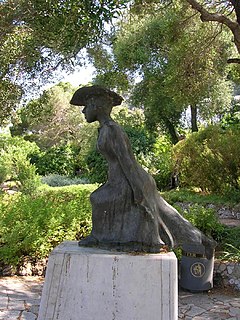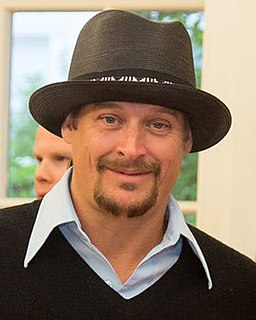A Quote by June Goodfield
Everywhere in science the talk is of winners, patents, pressures, money, no money, the rat race, the lot; things that are so completely alien ... that I no longer know whether I can be classified as a modern scientist or as an example of a beast on the way to extinction.
Related Quotes
To walk in money through the night crowd, protected by money, lulled by money, dulled by money, the crowd itself a money, the breath money, no least single object anywhere that is not money. Money, money everywhere and still not enough! And then no money, or a little money, or less money, or more money but money always money. and if you have money, or you don't have money, it is the money that counts, and money makes money, but what makes money make money?
If you didn't have patents, no one would bother to spend money on research and development. But with patents, if someone has a good idea and a competitor can't copy it, then that competitor will have to think of their own way of doing it. So then, instead of just one innovator, you have two or three people trying to do something in a new way.
I made a lot of money. I earned a lot of money with CNN and satellite and cable television. And you can't really spend large sums of money, intelligently, on buying things. So I thought the best thing I could do was put some of that money back to work - making an investment in the future of humanity.
The way the Europeans work, most girls get paid by their federation; their country pays them. Essentially the federations say go represent our country, race on whatever trade team you want, and here's your money. So you don't really make you're money on trade teams. Europeans make money through their country's federation. There's not a lot of money for women in cycling in Europe either.
Clearly this is a tough economic time, and a lot of families are hurting. So when we talk to parents, we talk about small changes for kids and things that don't cost extra money. Like adding water and eliminating sugary drinks and sodas. That's going to save money right there. Or adding a few more vegetables.








































